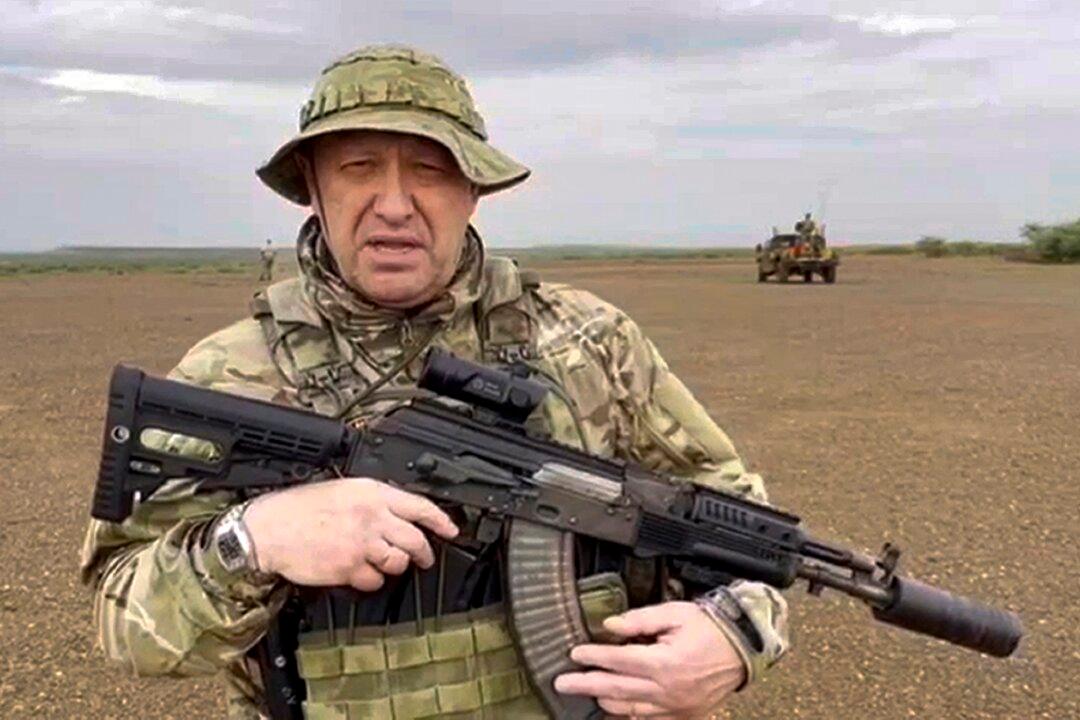Russian authorities on Sunday confirmed the death of Wagner Group mercenary chief Yevgeny Prigozhin following a plane crash last week that killed everyone on board.
Genetic testing on the 10 bodies recovered at the crash site “conform to the manifest” for the flight, Russian Investigative Committee spokeswoman Svetlana Petrenk said in a statement, according to a translation.





